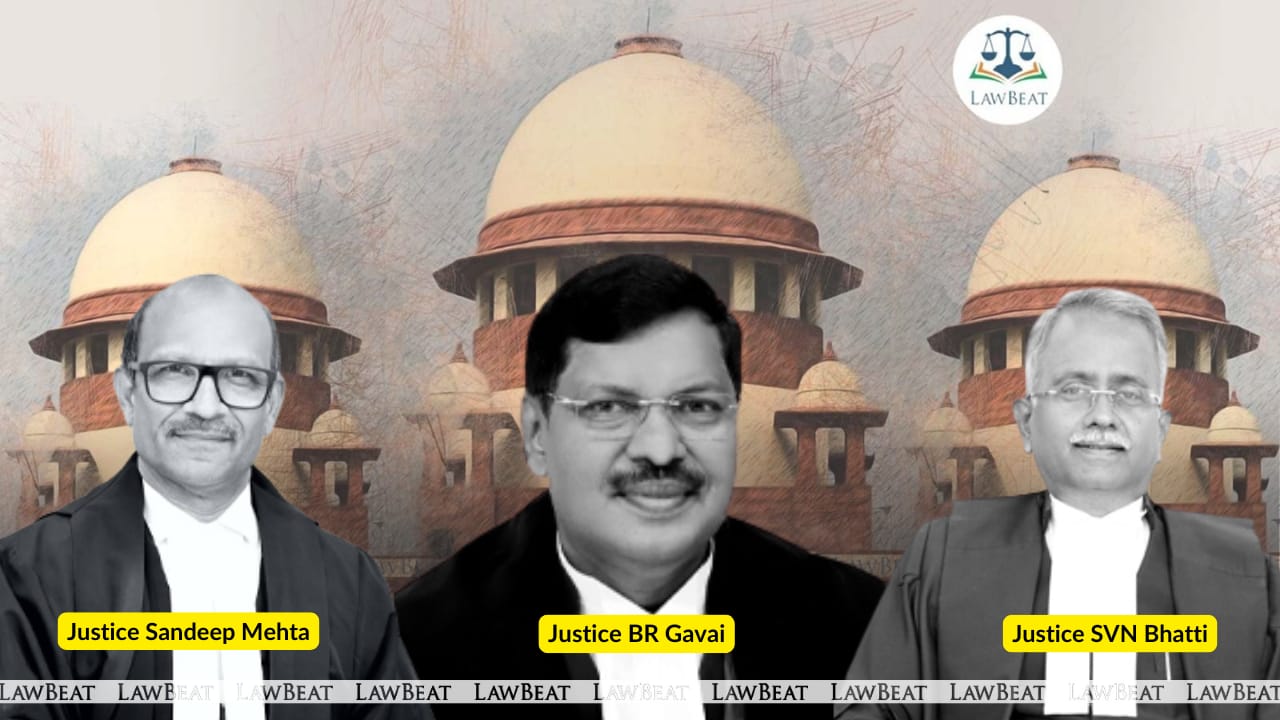SC tells Centre to create comprehensive policy for sacred groves across the country

SC has also favored adopting models like "Piplantri" village which demonstrated how community driven initiatives can effectively address social, economic, and environmental challenges in a cohesive manner
The Supreme Court has on December 18, 2024 issued comprehensive directions for protection of 'orans' sacred groves in Rajasthan, by directing to grant those a legal status of 'forest' under the Forest Conservation Act, given their ecological, cultural, and spiritual significance.
Court also recommended the Ministry of Environment, Forest and Climate Change (MoEFCC) to create a comprehensive policy for the governance and management of sacred groves across the country and create policies and programs that protect the rights of these communities and involve them in forest conservation as India is home to thousands of community-protected forests known as ‘sacred groves’.
A bench of Justices B R Gavai, S V N Bhatti and Sandeep Mehta said sacred groves of Rajasthan, which hold immense ecological value and are deeply revered in local cultures, urgently require formal recognition and protection to safeguard their preservation.
The court passed these direction on an application filed by Aman Singh in Re: T N Godavarman Thirumulpad, concerning the protection of the sacred groves and oran of Rajasthan.
The plea highlighted orans were related to religious practices followed since time immemorial and serve to conserve natural resources as people do not harm sacred groves mainly because of socio-religious traditions, believing that anyone who cuts or uses an axe in a sacred grove may be harmed by the presiding deity.
It was further pointed out there are about 25,000 Orans in Rajasthan covering an area of about 6,00,000 hectares. About 1100 major Oran’s spread out in an area of more than 1,00,000 hectares in Rajasthan provide livelihood to the rural population of the State.
Top court has directed the Ministry of Environment, Forest and Climate Change of India (MoEFCC) in collaboration with the Forest Department, Government of Rajasthan to constitute a 5- member Committee preferably headed by a retired Judge of the Rajasthan High Court, to ensure compliance of its directions.
The Committee would include one domain expert, preferably a retired Chief Conservator of Forests, a Senior Officer from the MoEFCC, Government of India and one Senior Officer each from the Forest Department and Revenue Department, Government of Rajasthan.
The bench has also proposed certain suggestions to promote the sustainable conservation of sacred groves and empower the communities associated with their protection. "The Rajasthan Government should identify traditional communities that have historically protected sacred groves and designate these areas as ‘Community Forest resource’ under Section 2(a) of the Forest Rights Act. These communities have shown a strong cultural and ecological commitment to conservation, and their role as custodian should be formally recognised," the bench said.
Court has also favoured adopting models like "Piplantri" village which demonstrated how community driven initiatives can effectively address social, economic, and environmental challenges in a cohesive manner.
"Active measures are required at the Governmental level to ensure that such ideas are implemented/replicated in other parts of the country to promote sustainable development and gender equality. The Central and State Governments should support these models by providing financial assistance, creating enabling policies, and offering technical guidance to communities," the bench said.
Among its suggestions, the court asked the Union government's the Ministry of Environment, Forest and Climate Change (MoEFCC) to create a comprehensive policy for the governance and management of sacred groves across the country. As part of this policy, the MoEFCC must also develop a plan for a nationwide survey of sacred groves, by whatever name they are identified in each State.
"This survey should identify their area, location, and extent, and clearly mark their boundaries. These boundaries should remain flexible to accommodate the natural growth and expansion of these forests while ensuring strict protection against any reduction in size due to agricultural activities, human habitation, deforestation, or other causes," the bench said.
Court has now directed both the central and Rajasthan governments to file a compliance report on constitution of the committee as directed by it and scheduled the matter on January 10, 2025.
